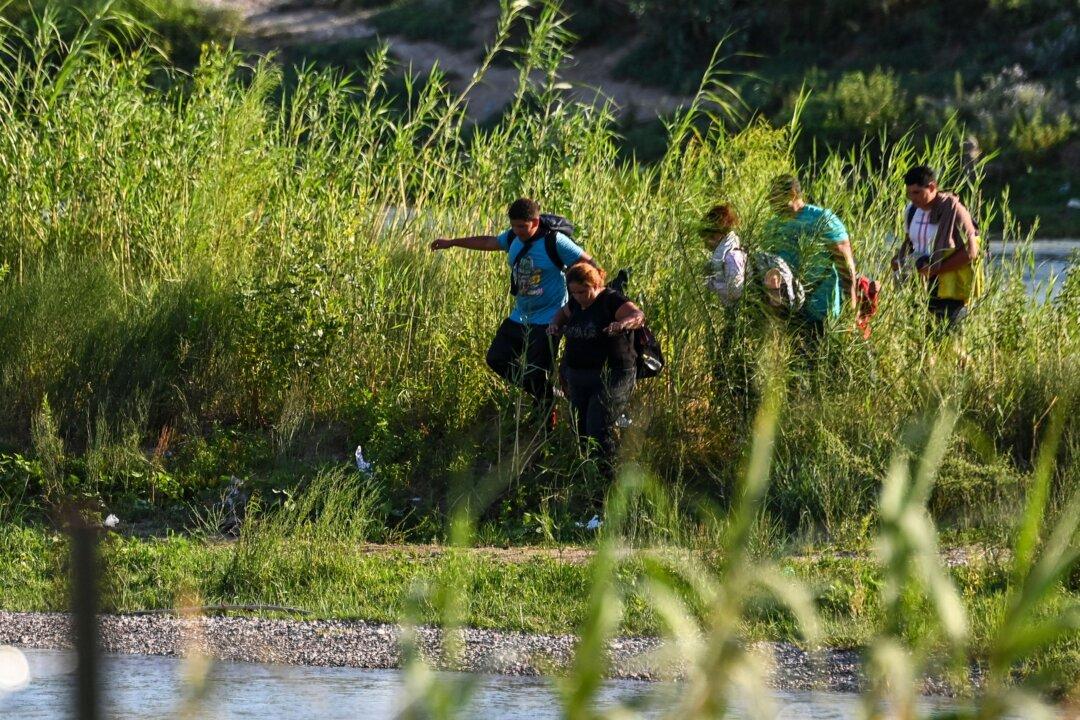Ranchers in South Texas are bracing for what they expect will be a massive surge of illegal immigrants once U.S. Code Title 42 expires on May 3.
Title 42, which evolved from a federal health order enacted in 1944, prohibits people from entering the United States during a pandemic to mitigate the spread of disease. On March 20, 2020, the Centers for Disease Control and Prevention (CDC) amended the order to expel illegal immigrants without allowing them a chance to apply for asylum (pdf).





